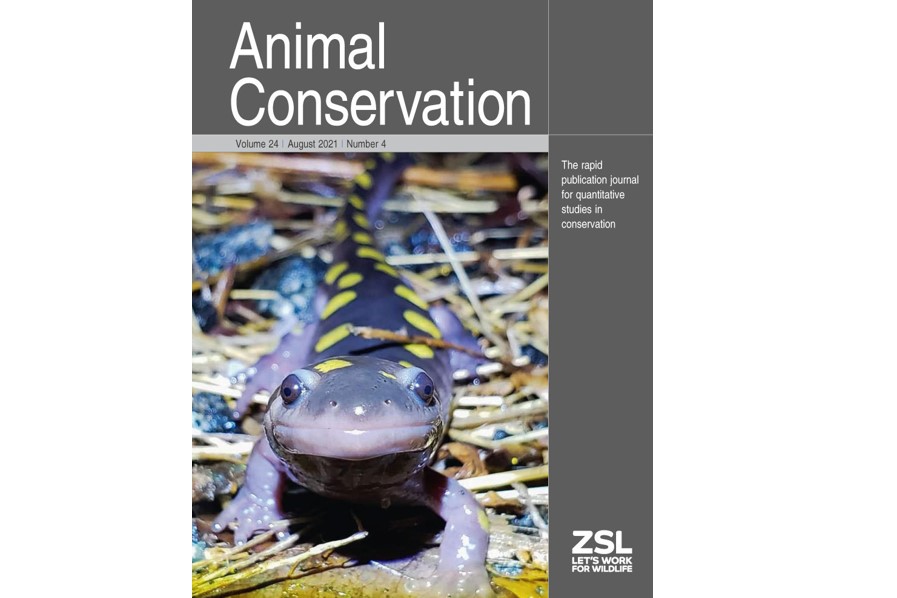Published in: Animal Conservation
Authors: Mather, E., Fogell, D.J., McCready, M., McInnes, K. & Ewen, J.G.
Abstract:
Haematophagous parasites can negatively impact breeding success and their control is often the target of management for threatened bird species. Mitigating parasitism can be difficult and certainly should only be done if parasite control is possible and if successful control improves host species fitness. Here, we use an experiment to test the effect of two alternative chemical methods of Ornithonyssus bursa management in nests of a threatened host species, the New Zealand hihi Notiomystis cincta. We compared a reactive management alternative using Frontline® (active ingredient fipronil) to control O. bursa infestations after detection to a preventative management alternative using Avian Insect Liquidator (AIL) spray (active ingredients piperonyl butoxide (PBO), permethrin and methoprene) before egg laying. We found that AIL-treated nests were less likely to be parasitized and parasitism occurred later in nestling development if nests did become parasitized. We also found no difference in egg hatchability nor nestling condition between alternative management approaches but did find nest success was higher in preventative AIL-treated nests. Our approach highlights the value of an experimental approach in assessing management alternatives in threatened species conservation and the host fitness benefits that can be achieved from control of costly parasitism.
You can access the paper here
